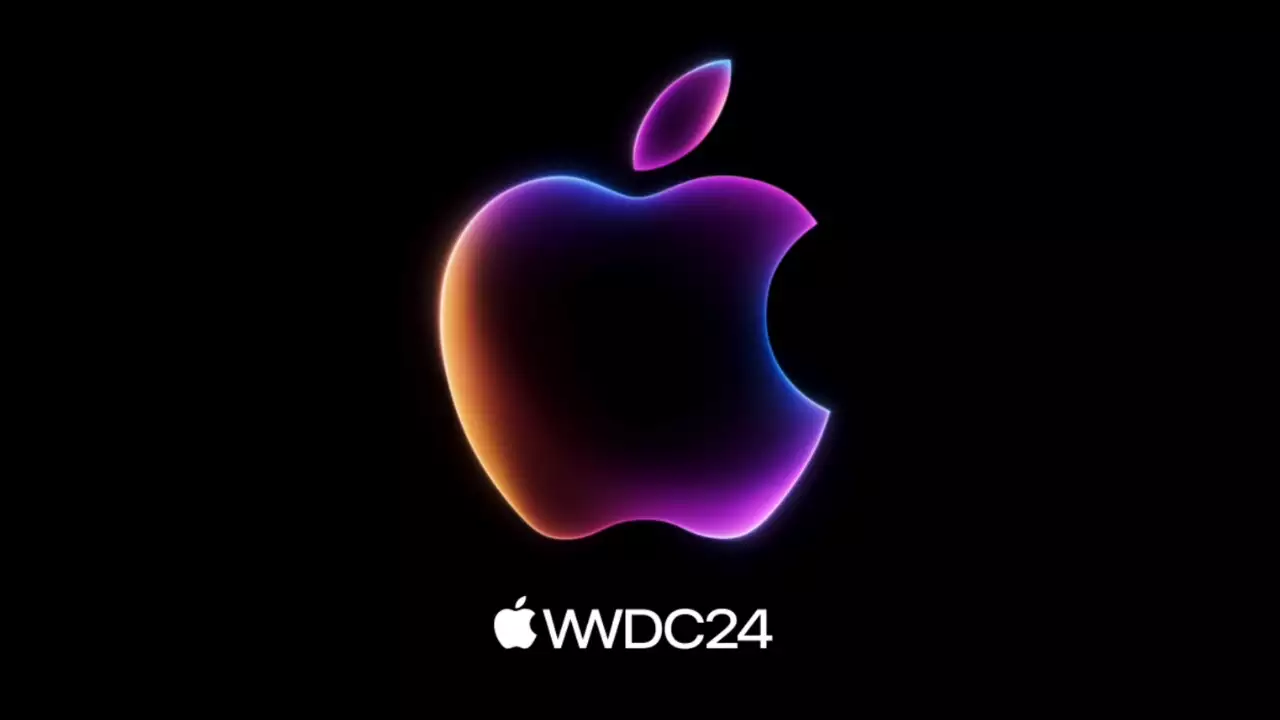Google has introduced stringent new guidelines for its Play Store, aimed specifically at curbing the proliferation of deepfake content. This measure comes in response to growing concerns about the potential misuse of AI-generated media to spread misinformation and impersonate individuals.
Overview of New Policies
The core of Google’s updated policy focuses on the strict regulation of apps capable of generating deepfakes. Under the new guidelines, apps that offer generative AI services must now include clear functionality descriptions, ensuring users are fully aware of the type of media being generated and its potential implications.
Enhanced Security Measures
In addition to tightening control over AI-generated content, Google’s policies also enhance overall app security and integrity. The Play Store will now implement more rigorous checks to verify the authenticity of app developers and the safety of the apps before they are allowed on the platform. This includes mandatory disclosure of app functionality and the type of data accessed by each app.
Implications for Developers and Users
For developers, these new guidelines mean a shift towards greater transparency and responsibility in app development. They must now ensure that their apps comply not only with the technical aspects of the new rules but also with ethical standards concerning content generation and data privacy.
Users, on the other hand, can expect a safer and more secure app ecosystem. With stricter controls on AI-generated content, the likelihood of encountering deceptive deepfake content on the Play Store will significantly decrease.
Google’s updated Play Store policies represent a proactive approach to tackle the challenges posed by deepfake technology. By setting stringent standards, Google not only aims to protect individual privacy but also to maintain the integrity of information circulated through its platform. These changes are part of a broader effort to adapt to the evolving digital landscape and address potential risks associated with AI and machine learning technologies.














